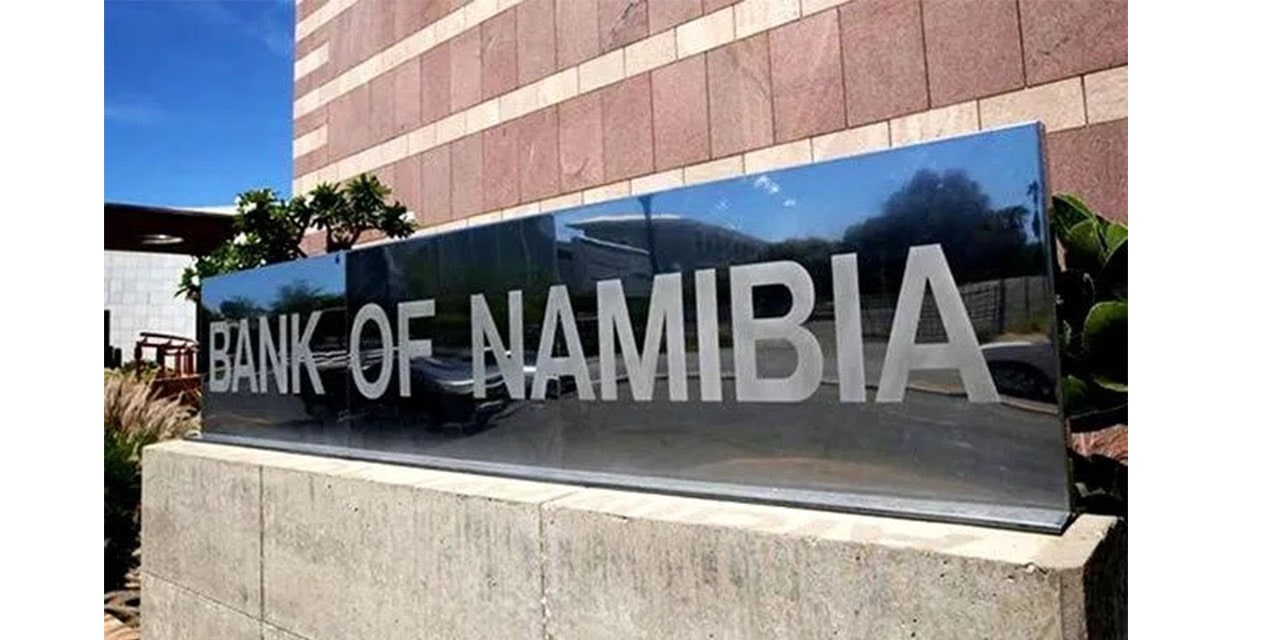Auto executives around the world are entering 2024 with less confidence that the industry will achieve more profitable growth over the next five years, according to the latest KPMG Global Automotive Executive Survey.
The survey of more than 1000 senior executives in thirty countries and territories reveals a dip in optimism as the sector deals with concerns over the global economy and rising costs. Overall, just 34% of executives said they are extremely confident versus 41% in the previous year. In Japan, the share of executives surveyed who are extremely confident dropped from 32% last year to 10% in the latest survey. Meanwhile, in Western Europe, extremely confident respondents dropped from 31% last year to 24% and fell from 48% to 43% in the US. Only in China did extreme confidence rise, moving from 28% to 36 %. Among suppliers, extreme confidence fell from 55% to 23%.
Executive expectations about the shift to electric powertrains continue to mature. In the past, when KPMG asked executives across the industry about how they expected EV penetration to trend in their markets, the responses varied widely. Now the range of estimates has narrowed, a sign of greater realism. Even so, the mean estimates for penetration rose in this year’s survey. In Western Europe, for example, respondents last year estimated that battery-electric vehicles would account for 24% of sales in 2030; this year the consensus estimate was 30%. In the US, the estimate went from 29% to 33% and in China the estimate jumped from 24% to 36%.
Despite the flurry of new models by established brands, KPMG’s Global Automotive Executive Survey respondents still expect Tesla to remain on top.
Gary Silberg, Global Head of Automotive at KPMG International, said: “A year ago, we said that automotive executives sensed the future was theirs to seize. In the latest survey, more than 1,000 executives in 30 countries again said they see enormous opportunities.”




